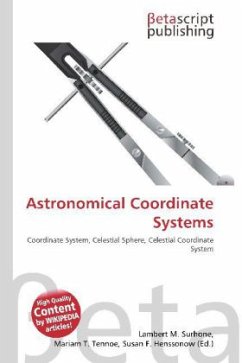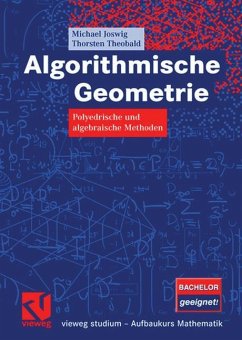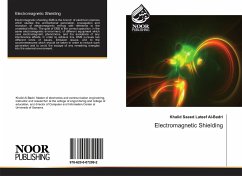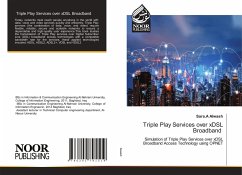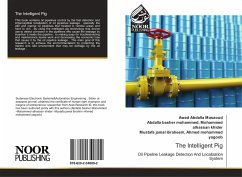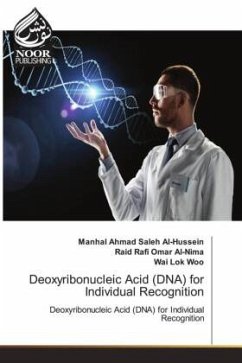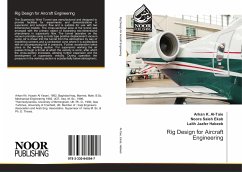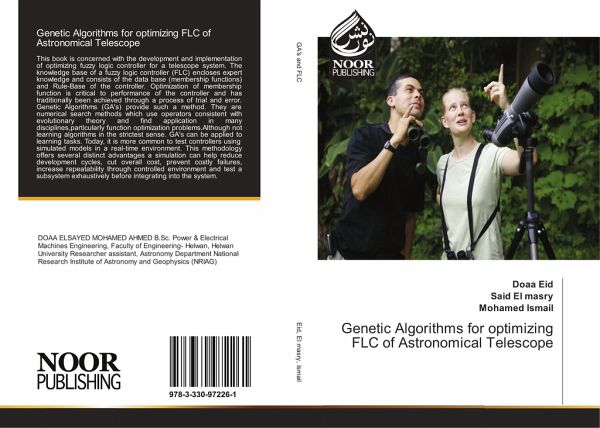
Genetic Algorithms for optimizing FLC of Astronomical Telescope
Versandkostenfrei!
Versandfertig in 6-10 Tagen
43,99 €
inkl. MwSt.

PAYBACK Punkte
22 °P sammeln!
This book is concerned with the development and implementation of optimizing fuzzy logic controller for a telescope system. The knowledge base of a fuzzy logic controller (FLC) encloses expert knowledge and consists of the data base (membership functions) and Rule-Base of the controller. Optimization of membership function is critical to performance of the controller and has traditionally been achieved through a process of trial and error. Genetic Algorithms (GA's) provide such a method. They are numerical search methods which use operators consistent with evolutionary theory and find applicat...
This book is concerned with the development and implementation of optimizing fuzzy logic controller for a telescope system. The knowledge base of a fuzzy logic controller (FLC) encloses expert knowledge and consists of the data base (membership functions) and Rule-Base of the controller. Optimization of membership function is critical to performance of the controller and has traditionally been achieved through a process of trial and error. Genetic Algorithms (GA's) provide such a method. They are numerical search methods which use operators consistent with evolutionary theory and find application in many disciplines,particularly function optimization problems.Although not learning algorithms in the strictest sense. GA's can be applied to learning tasks. Today, it is more common to test controllers using simulated models in a real-time environment. This methodology offers several distinct advantages a simulation can help reduce development cycles, cut overall cost, prevent costly failures, increase repeatability through controlled environment and test a subsystem exhaustively before integrating into the system.



